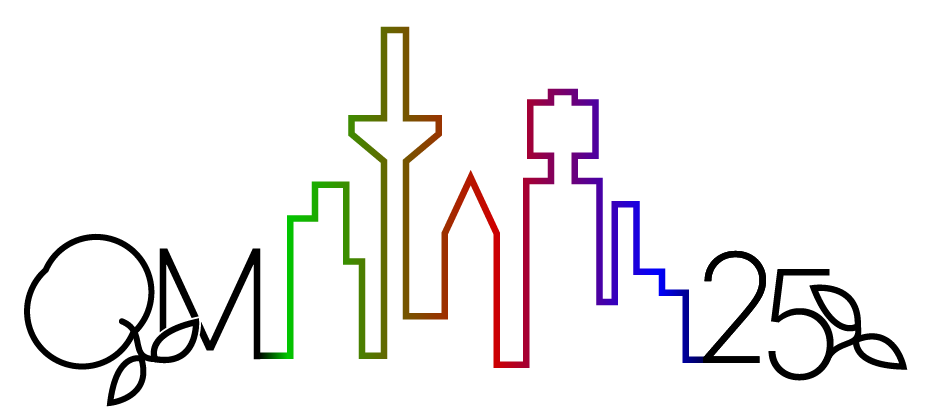Speaker
Description
We contrast the behavior of ordinary and factorial cumulants of proton number and point out that the latter has numerous advantages over the former, in particular with regards to the critical point search in heavy-ion collisions. The new RHIC BES-II data on factorial cumulants of protons is analyzed, indicating clear deviation of two- and three-particle proton correlations from the non-critical baseline at collision energies below 10 GeV. Multiple scenarios for this deviation are explored, including the possibility of critical fluctuations and the implications for the QCD phase diagram.
We also illustrate that the acceptance dependence of the appropriately scaled factorial cumulants, $\hat{C}_n/(\hat{C}_1)^n$, is flat if all correlations are driven by long-range correlations only, making it a clean probe of short-range correlations. Furthermore, global baryon conservation and volume fluctuations predict identical $\hat C_2/(\hat C_1)^2$ of proton and antiprotons at given collision energy. However, the analysis of RHIC BES-I data reveals a remarkably strong splitting between scaled factorial cumulants of protons and antiprotons, which is at odds with the expectation based on a single-fluid hydrodynamics picture. We argue that such a splitting indicates incomplete equilibration between stopped and produced matter, which can be further probed with upcoming high-statistics data from RHIC BES-II with extended acceptance coverage.
| Category | Theory |
|---|
